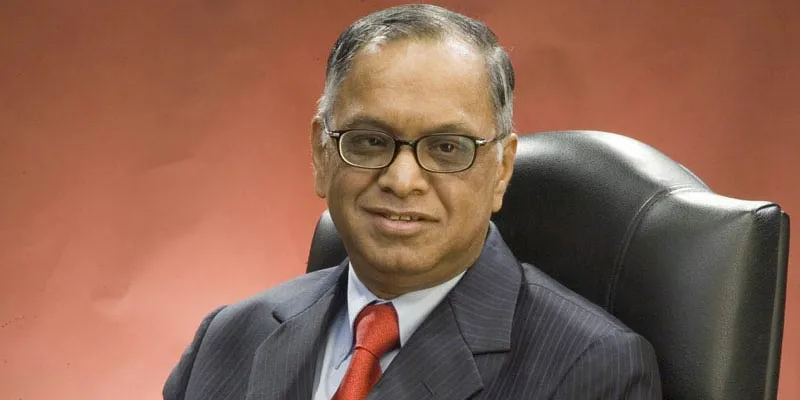Six scientists receive Infosys Prize 2020 for their research contributions towards empowering India
According to Infosys Science Foundation (ISF), the aim of Infosys Prize 2020 is to award the best scientists and researchers whose work has the potential to improve our world.
The Infosys Science Foundation (ISF) on Wednesday awarded the Infosys Prize 2020 to six prominent scientists and researchers for their contributions.
Prof Hari Balakrishnan from Massachusetts Institute of Technology; Dr Prachi Deshpande from the Centre for Studies in Social Sciences (CSSS), Kolkata; Dr Rajan Sankaranarayanan from the Centre for Cellular and Molecular Biology (CCMB), Hyderabad; Prof Sourav Chatterjee from Stanford University; Prof Arindam Ghosh from the Indian Institute of Science (IISc); and Prof Raj Chetty from Harvard University were selected as the winners of Infosys Prize 2020.
According to the foundation, the winners have been awarded with a pure gold medal, a citation and a prize purse of $100,000 for their research contributions under six categories including engineering and computer science, humanities, life sciences, mathematical sciences, physical sciences and social sciences.
“The trustees of the Infosys Science Foundation dream of an India where the poorest children can have reasonable access to nutrition, education, healthcare and shelter, and have confidence in a better future. The Infosys Prize contributes to this mission in India by honoring the best scientists and researchers, whose work has the potential to improve our world,” said Narayana Murthy, Co-founder of Infosys and President – Infosys Science Foundation, while addressing the audience virtually during the event.

NR Narayana Murthy, Co-founder, Infosys
The six winners
The non-profit foundation announced Prof Hari Balakrishnan from Massachusetts Institute of Technology as the winner of Infosys Prize 2020 in Engineering and Computer Science for his research work on computer networking, mobile and wireless systems. According to ISF, Prof Hari’s commercial use of mobile telematics can improve driver behavior and help in making roads safer.
Dr Prachi Deshpande from CSSS, Kolkata received the Infosys Prize 2020 in Humanities award for her nuanced treatment of South Asian historiography. Her book “Creative Pasts” and many other articles offers detailed insight into the evolution of modern history writing in Maharashtra from the Maratha period onwards and also offers a novel perspective on the history of Western India.
Dr Rajan Sankaranarayanan was awarded in the Life Sciences segment for his contributions towards the error-free translation of the genetic code to make protein molecules, thereby helping in understanding one of the most basic mechanisms in biology.
According to the foundation, Dr Sankaranarayanan's work can potentially be applied in the design of drugs such as antibiotics and immunosuppressants.
The Infosys Prize 2020 in Mathematical Sciences has been awarded to Prof Sourav Chatterjee from Stanford University for his work in probability and statistical physics.
Meanwhile, Prof Arindam Ghosh from the Indian Institute of Science (IISc), Bangalore received the award under the physical sciences category for developing atomically thin two-dimensional semiconductors for building new generation functional electronic, thermoelectric and optoelectronic devices. “Prof Ghosh’s creation of a new platform for light-matter interaction impacts quantum technologies and sensing in a fundamental way,” ISF said.
Prof Raj Chetty from Harvard University won the Infosys Prize 2020 in Social Sciences for research in identifying the barriers to economic opportunity, and for developing solutions to help people escape poverty towards improved life outcomes, revealing a huge potential to induce major shifts in the discipline of Economics.
According to ISF, the winners were selected after reviewing 257 nominations by a jury comprising renowned scholars and professors from around the world.
“By recognising these outstanding researchers and celebrating their achievements in the applied and theoretical domains, the Infosys Prize aims to create role models who will encourage young minds to explore science and research as career options,” ISF said in a statement.
Edited by Kanishk Singh



![[2020 Trends] 765 deals worth $8.4 billion: the state of Indian startup funding amidst the COVID-19 pandemic](https://images.yourstory.com/cs/2/77e43870d62911eaa8e9879653a67226/Image3e9f-1606833617001.jpg?fm=png&auto=format&h=100&w=100&crop=entropy&fit=crop)




